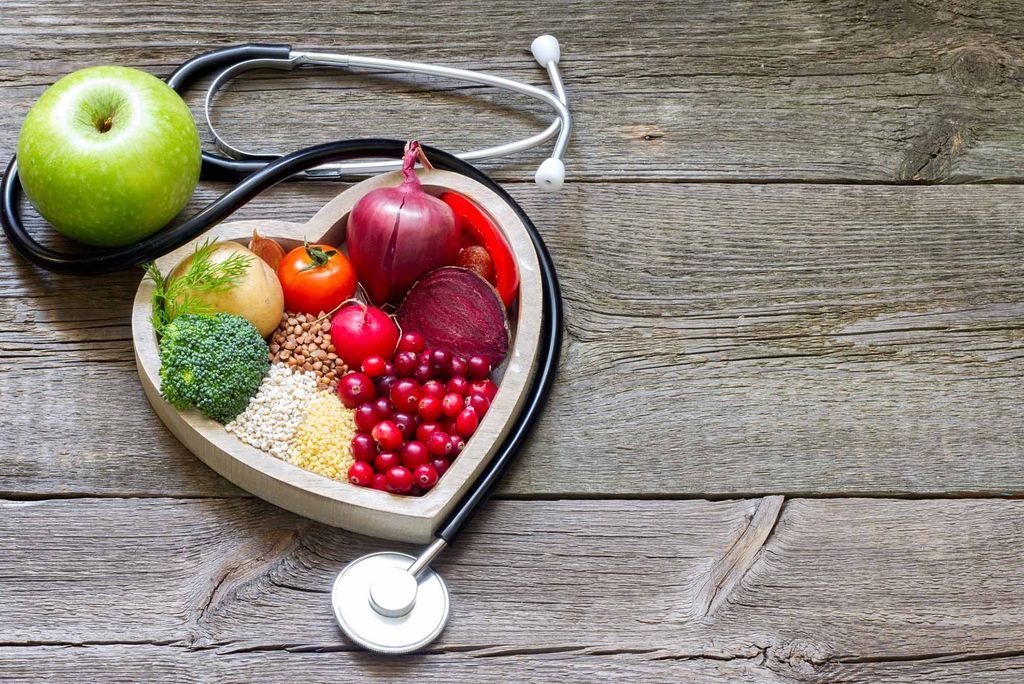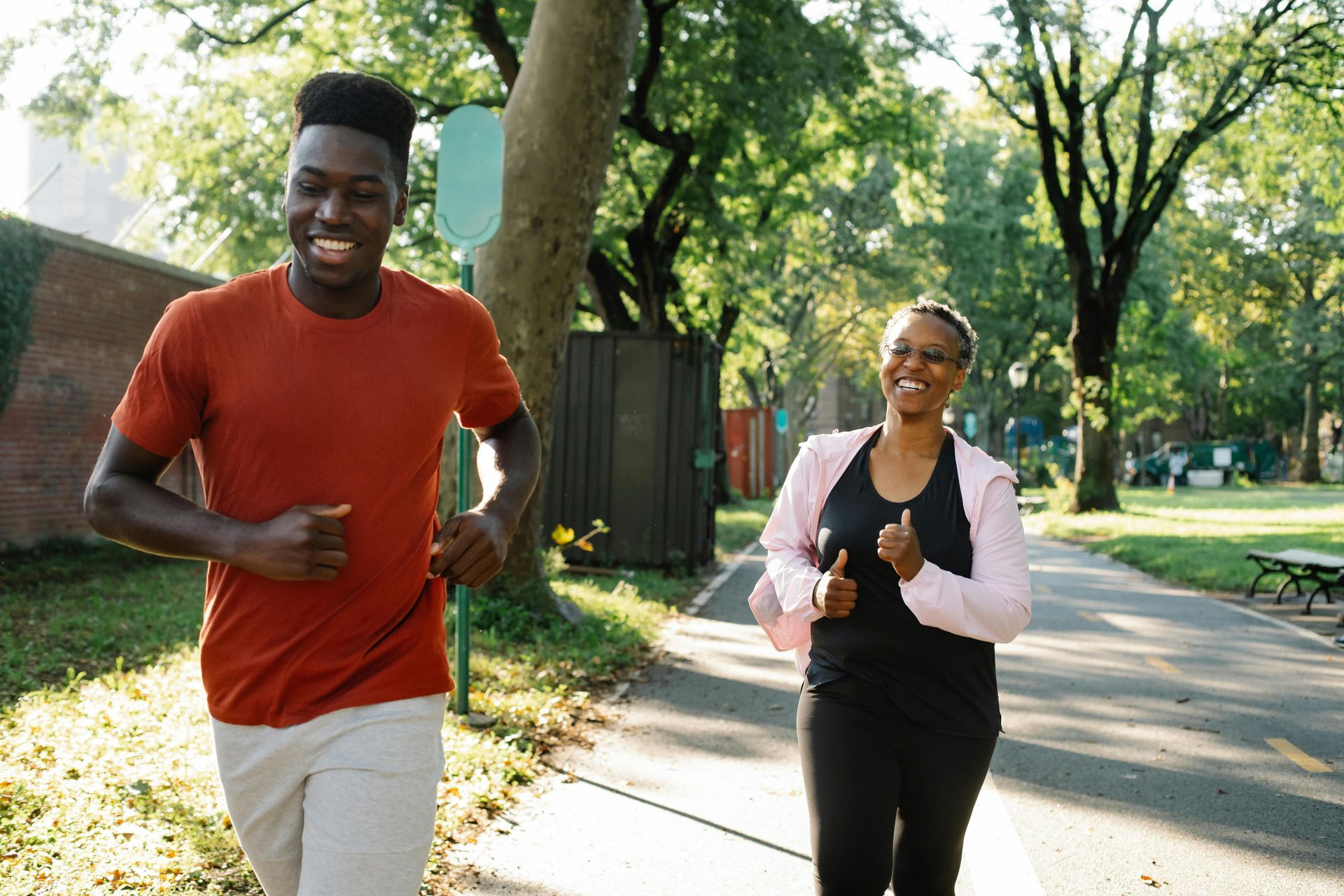3 Questions Every Black Person Should Ask Their Doctor About Their Heart Health
As black people, our heart health needs can be a little tricky. Heart disease is the leading cause of death in the general US population. However, race plays an overwhelming role in who faces especially significant risks of life-altering and potentially fatal heart issues.
Black people are 30% more likely to die from heart disease than white people and 30% less likely to have blood pressure that’s in a healthy range. For Black women, that last figure rises even more alarmingly to 50%.
For starters, when it comes to conversations about cardiac well-being and care, here are three questions that Black people should ask physicians and cardiologists about prevention and treatment.
1. How is my daily routine potentially affecting my heart?
The functioning of our hearts can be influenced to a considerable extent by genetics, and specific challenges may arise from or be worsened by our daily habits. Throughout our journey in life, various factors can elevate the likelihood of developing heart disease.
Eating a diet low in sodium, regular exercise, and taking steps to manage stress can go a long way in boosting and preserving your heart health.
In preparation for your next appointment with a physician or cardiologist, write down your meals, how often you exercise, and how you feel on a particular day.
While your personal choices can certainly lower your risk of negative outcomes, social determinants of health (SDOH), such as aspects of your surroundings and community also influence your well-being.
SDOH includes economic stability and access to quality education, safe housing, transportation, and quality health care.
2. How can my reproductive health affect my heart?
If you are thinking about getting pregnant, ask your doctor about creating a plan to take care of your heart during the process. One out of every three deaths related to pregnancy is linked to heart disease or stroke. Within a year after giving birth, cardiomyopathy is the main reason for death in this group.
In the case that you’ve already been pregnant or given birth, talk to a doctor about what your medical experience was like along the way. Many Black people face serious complications, such as gestational diabetes, life-threatening preeclampsia, and eclampsia, at higher rates —inequities that research suggests are related to medical bias.
3. Am I a good candidate for clinical trials, and if so, which ones might be available to me?
Many Black Americans understandably feel uneasy about participating in clinical trials, given the historical context of the Tuskegee Project in the US. People with pre-existing heart conditions need to learn more about contemporary clinical trials, which have come a long way and can offer opportunities for extra health monitoring and potentially effective treatment or intervention. Participation can be a way to help yourself and ensure that trials are done on a more diverse group of people.
While you might still have many more questions—and you should ask clinicians about whatever comes to mind— these three prompts can help you stay on top of your heart health.
Your heart deserves the very best—and you deserve support that helps you take control of and feel informed about your health.
Credit Tonya Russell 3 Questions Every Black Person Should Ask Their Doctor About Their Heart Health,
https://www.self.com/story/black-heart-health-cardiologist-appointment-advice
















